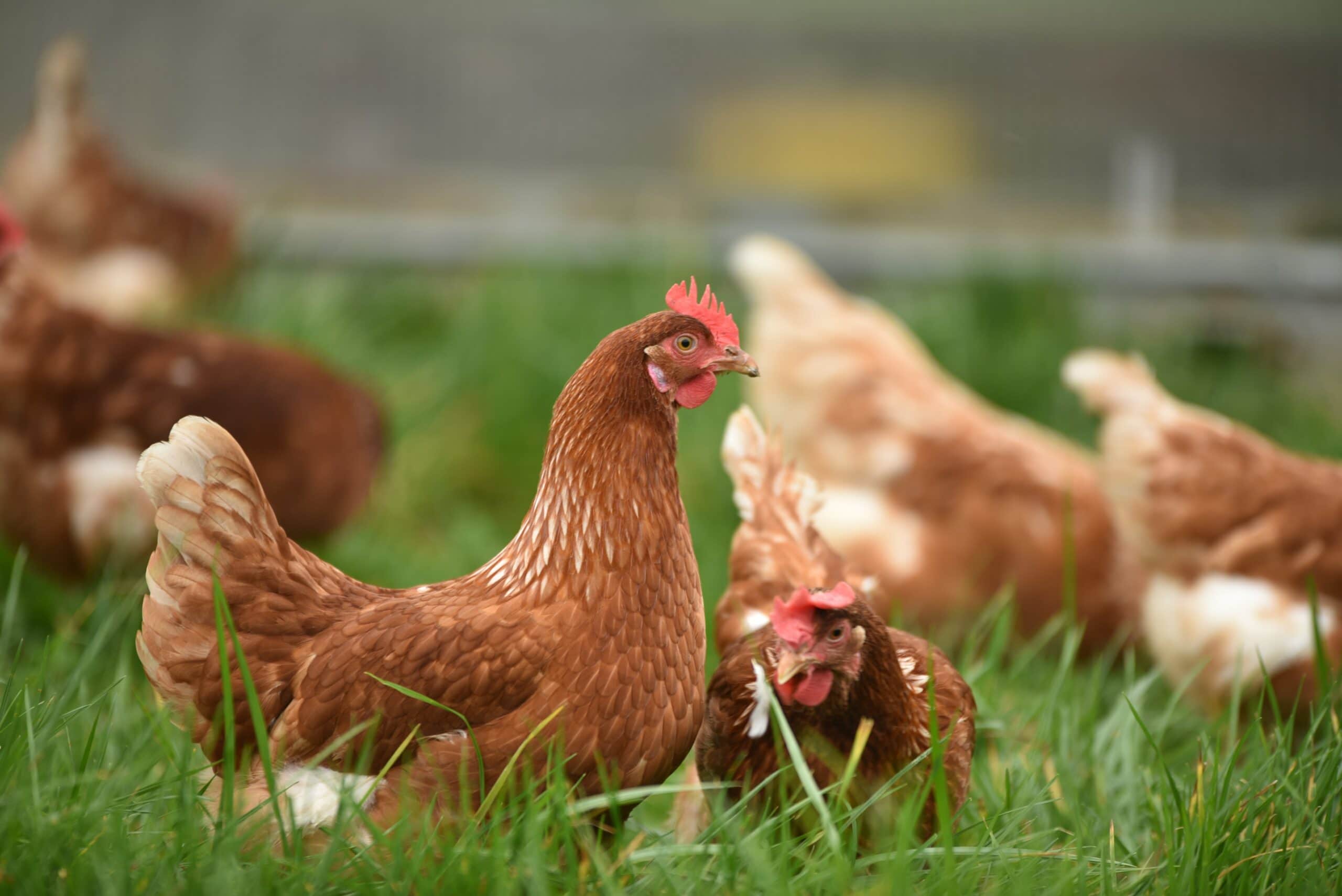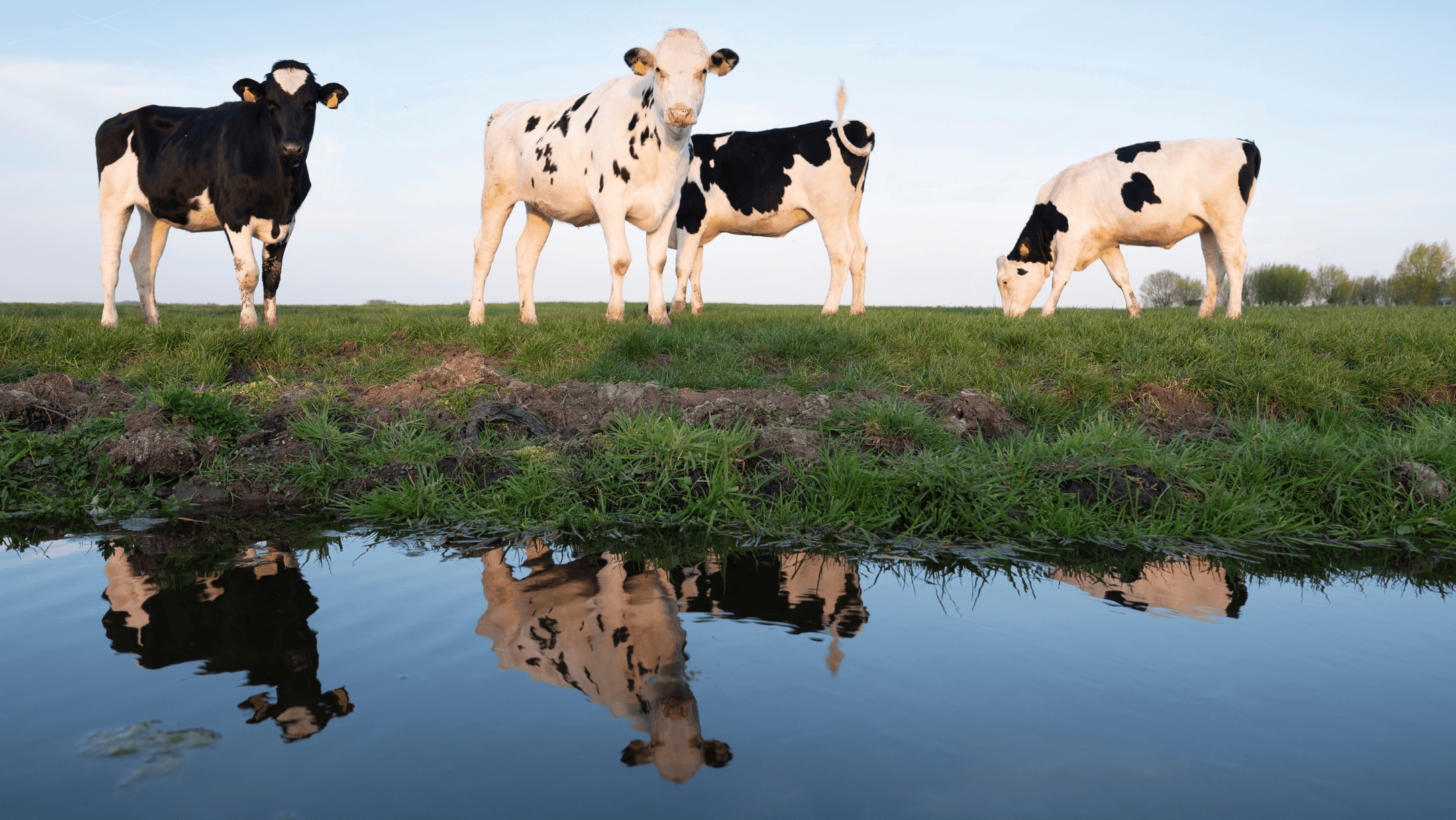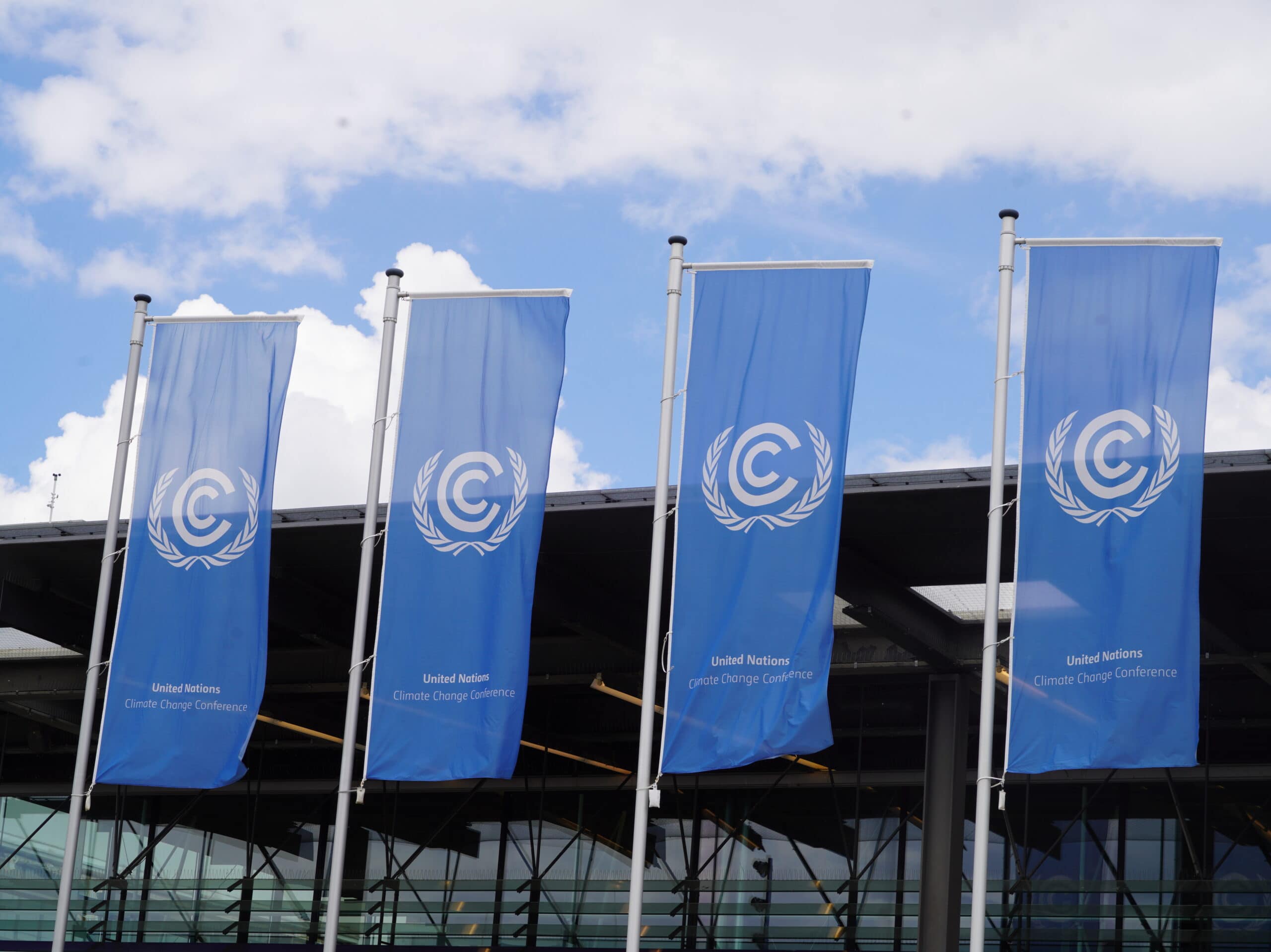Statement on behalf of the NGO Major Group at the High-Level Political Forum on Sustainable Development session “Building resilience against future shocks through structural changes and investment in sustainable infrastructure”
At the beginning of the pandemic there was a focus on building back better, and taking transformative actions which restructure our systems to be more resilient, equitable and sustainable.
However, as we lumber toward the hopeful end to the pandemic, it is unfortunate to see that in many cases, business as usual has only become more firmly entrenched.
For example, hundreds of millions in recovery spending have been funnelled toward industrialised food system infrastructure in developing countries which marginalises and outcompetes smallholders, destabilizes rural communities, gives rise to increased poverty and inequality. It is also a major contributor to climate change, biodiversity loss, and pollution, and breeds and raises massive numbers of animals in dense and unhygienic systems which are in fact perfect breeding grounds for the next pandemic.
We must prioritise prevention, not reaction, when striving for resiliency. When we prioritise responding over preventing, we are conceding that it’s okay to lose some lives at the start of a crisis, as long as it means we don’t have to change the status quo too much and can mount a quick response. This mentality is incompatible with the ethos of leaving no one behind.
If policy and financing cannot be transformed to support resilient systems, then there is no hope of weathering the next global shock better than we have weathered COVID-19.
Yet it is clear that there are many win-win solutions across sectors. Resilient health infrastructure must include the One Health approach and genuinely sustainable food systems. We must increase social protection measures with a particular focus on gender equality and supporting the care economy.
It is essential that Environment and Social Standards of multilateral banks are future-proofed, ensuring that these massive funding flows are not creating new future risks. While the private sector plays a critical role, we know from experience that the timescales of change that the private sector typically voluntarily commits to are far too long for the crises we currently face.
For this reason, it is essential that governments take up the task of creating policies which encourage a more rapid transformation across sectors, from farming to energy and beyond.
Find the background to this session on the UN HLPF website. Follow the work of the NGO Major Group on their website or following them on Twitter @NGOMajorGroup.





